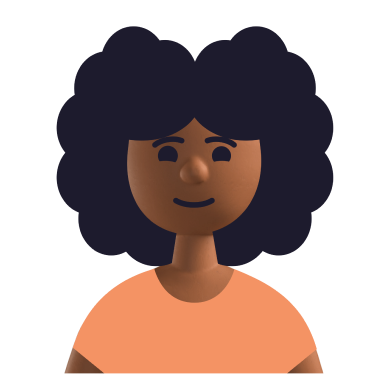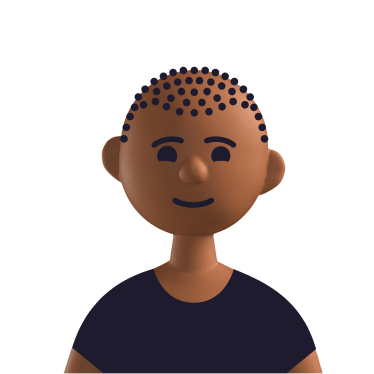

Stop child labour in the Mica sector of Madagascar

In Madagascar, one of the poorest countries in the world, almost half of all children between the ages of 5 and 17 work.
About 10,000 children work in the mica mines. It is an unhealthy and dangerous environment. The children are exposed to dust, heat and the scorching sun. They hardly get any food or drink while working. They miss the chance to go to school. Terre des Hommes stands up for children in mica mines. We make sure they can go to school. We are also working on a fairer pay for the mica, so that families have more income without their children having to contribute.
-

Ines del Real
Head of programmeChildren play a critical role in global sustainable development. Children should work in (school)books, not mines. Join us to eradicate child labour!
Background
About ten thousand children in Madagascar do not go to school but to the mica mines. They have to work, because otherwise their family has nothing to eat. Whole families often work together in the mines: fathers and adolescent boys dig out mines and excavate mica, while mothers, girls and small children carry and classify them and gather scrap mica. It is one of the worst forms of child labour: hard, unhealthy and hazardous work.
Madagascar is one of the largest exporters of mica, a mineral used in paints, cosmetics, electronics and automobiles.
The children run serious health risks in the mines. Some of them develop respiratory problems due to the dust and experience back pains from carrying heavy loads.The heat and lack of water or oxygen cause headaches. They lack basic services such as access to water, education and health care.

Goals
With an approach aimed at positive change, we want to improve not only the situation in Madagascar, but also in other low income countries, who are negatively impacted by mica business and trade. Our programme will be integrating social, public and private interventions at local mining level. It focuses on supply chain mapping and working with relevant private sector actors to take their responsibility. Lastly, the project focuses on the government policies and actions towards responsible mica sourcing.
Approach
The FAMAHA programme works at multiple levels (local, national and global) and with different actors to eradicate the exploitation of children in mica mines in Madagascar.
Children back to school
The children must be taken out of the mines. They have to go back to school: compulsory and free. We welcome them in our children’s clubs, where we teach them their rights and offer psycho-social support.
A better income for parents
We teach parents how to get money in other ways. We train them to earn a good income independently.
Awareness and behaviour change
We bring community members together to raise awareness and change behaviour about child rights and education.
Improve the mica supply chain
We improve the mica supply chain by holding the traders accountable and teaching them how to make a fair profit.
Training transporters, sorting and export companies
Other private sector actors such as transporters, sorting and export companies are engaged through training to comply with child rights and business principles.
Partners
To contribute towards the elimination of child labour in Madagascar’s mica sector, Terre des Hommes Netherlands, UNICEF and the company VDL are implementing the project FAMAHA. This stands for Fampiasana Ankizy amin’ny Mica Andao HAtsahatra, which in Malagasi means ‘Stop child labour in the mica mines”. The programme is financed by the Netherlands Enterprise Agency´s (RVO) Fund Against Child Labour.